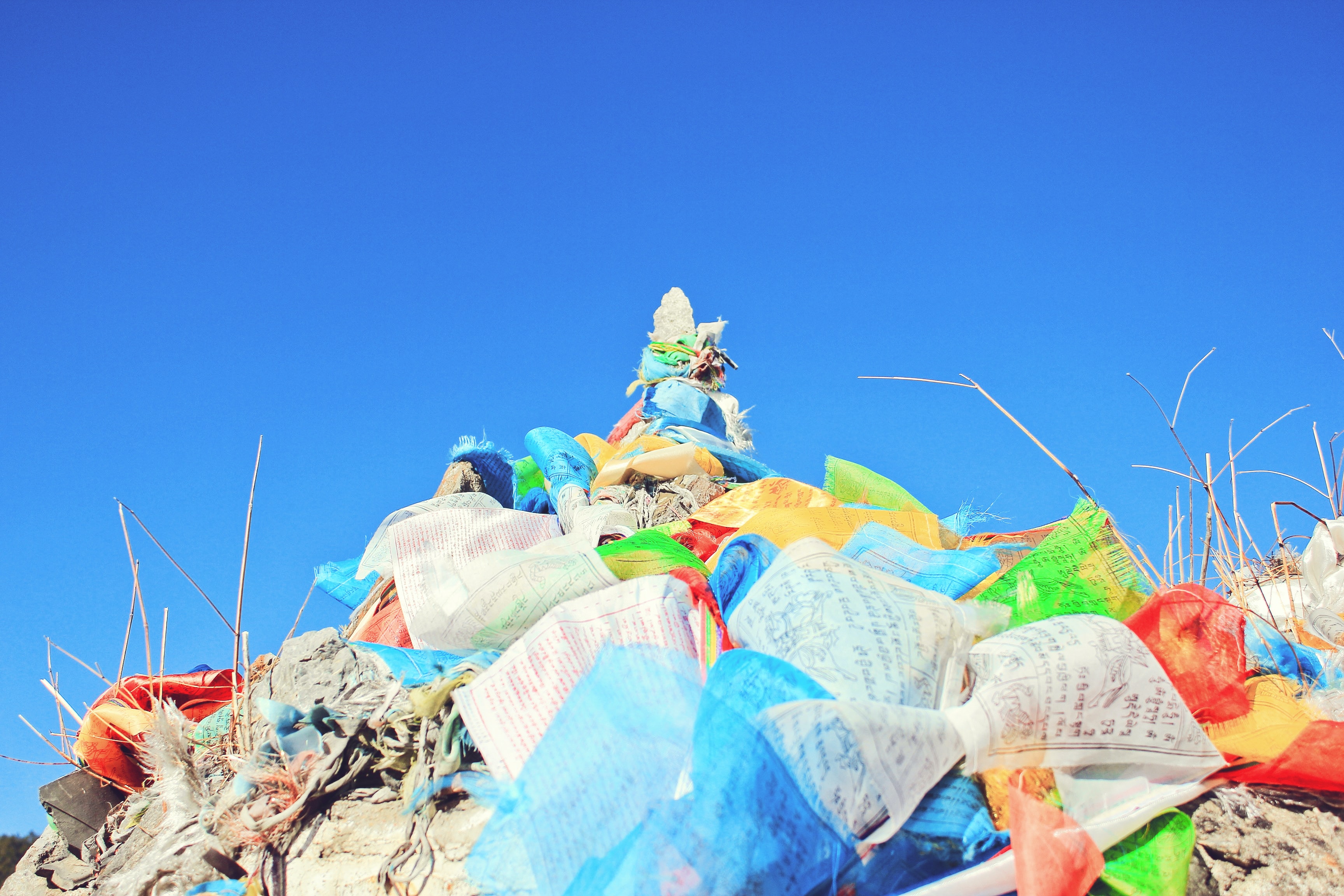How Companies Can Work Together To Reduce Plastic

In order to make a change, one must first be prepared to change oneself. In a business context, it is not just a matter of changing your own mindset but also changing approaches and views on certain things. The most notable is the idea that when you go into business, everyone is your competition. As such, you are to compete against this other company in every manner. You need to offer a better product, boost your sales, and buy them out.
Even though this behaviour happens on a corporate level, this shouldn’t always be how business is conducted. Rather, each business should be working together to some degree. Better yet, get companies seemingly unrelated to what you’re doing to help you out.
This was the exact case with AZEK and ThredUp. Azek is an innovative manufacturer of low-maintenance and environmentally sustainable outdoor living products. ThredUP is a thrift store for women's and kids’ apparel, shoes, and accessories.
And yet, despite their entirely different business models, both companies have agreed to reduce plastic waste and advance their own ESG and recycling goals.
How Their Model Works
Through this recycling partnership, AZEK plans to collect ThredUP’s plastic Clean Out Bags and plastic film waste. Those wastes will be transported to Wilmington, Ohio, where the materials will be incorporated into TimberTech decking as well as other wood products.
What’s stellar about this is that AZEK’s products are made from 85% recycled material and engineered to last a lifetime.
Since 2019, AZEK has been recycling almost 1.7 billion pounds of post-consumer and post-industrial waste and scrap material, repurposing it into high-quality outdoor living and building products. Their goal is to recycle one billion pounds of material per year by the end of 2026.
As a result, in order to meet these targets, AZEK must reach out to a large number of companies, such as threadUP.
And as for ThreadUP, this presents a perfect opportunity to further expand their recycling programme. Since they believe in circularity, they fundamentally promote sustainability. The fact that 100% of their Clean Out bags now leave no plastic waste at all means that this product line may have little to no environmental impact.
This is significant because plastic is a growing problem, and the solutions we have in place do little to address these issues. Plastic bag bans in grocery stores help, but we've been conditioned to rely on plastic for decades. Bottled water is a perfect example of this.
What Would A World Without Plastic Look Like?
Even if you can’t manage to completely eliminate your plastic usage as a business or individual, chances are high that another company’s waste can be another company’s treasure. For decades, the beauty industry has thrived on mineral oil, a purified and processed form of petroleum.
While that is still harmful to the environment, it goes to show that companies have been working together across industries for a very long time. Imagine what it would be like if companies worked together to form something beneficial for humanity as a whole?
Plastic is one of the looming threats that needs to be addressed. Even if the damage is mitigated now and into the future, we are still dealing with vast amounts of plastic waste that are scattered all across the world.
Even on a smaller scale than what AZEK and threadUP are doing, that would still be better than nothing. Taking a page from AZEK, which makes strong, quality home products, you can consider donating plastic to other companies that would reuse it. GOT BAG is a company that makes backpacks out of plastic, for example.
In theory, a world where little plastic is left around would look like what AZEK and threadUP are doing, taking plastic that would be put to waste and throwing it into another product that could be enhanced from it.
It’s Not Just Plastic Waste
Many things in our world are taken for granted. We tend to rely on the existing systems that are in place and consider them the best solutions. But what if, instead of recycling everything and entrusting a few disposal companies with that task, we instead offered this to innovative companies that could take those same products and make something entirely new from them?
We may be able to extract materials ranging from cardboard to batteries and, over time, create something usable beyond the first iteration of that item. It’s similar to organ donation, where the materials themselves have no issues at all, but they can make a world of difference to someone else.
If companies were to consider these kinds of options, imagine what kind of positive environmental impact we could realise from that decision.
Follow company ESG performance via our extensive Company ESG Profiles listing.

